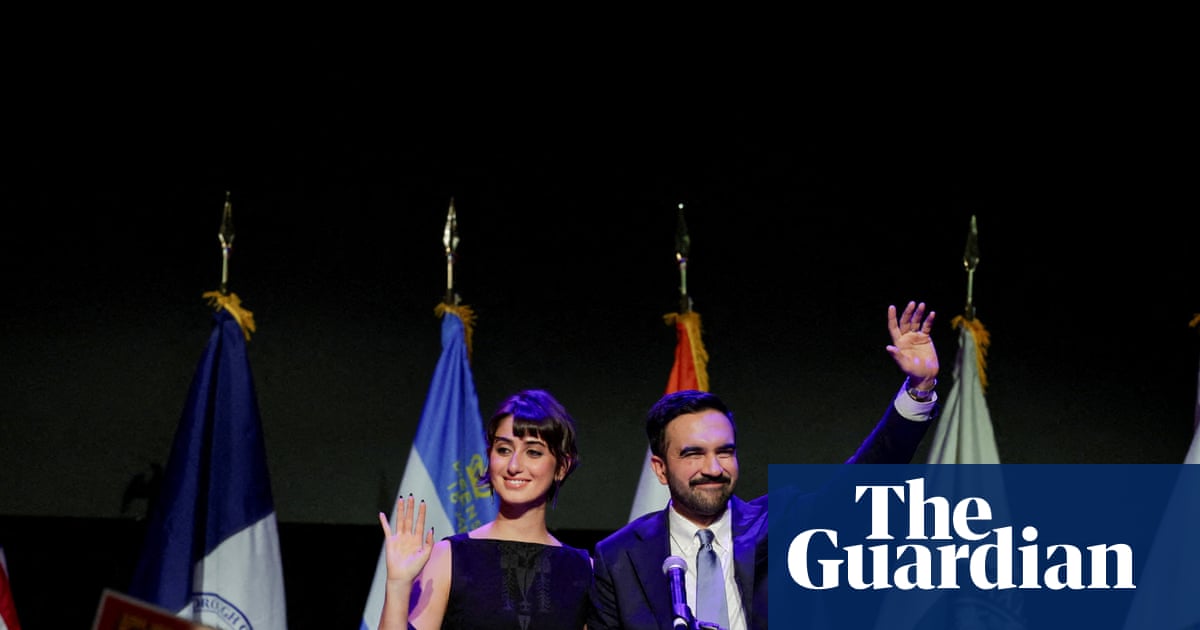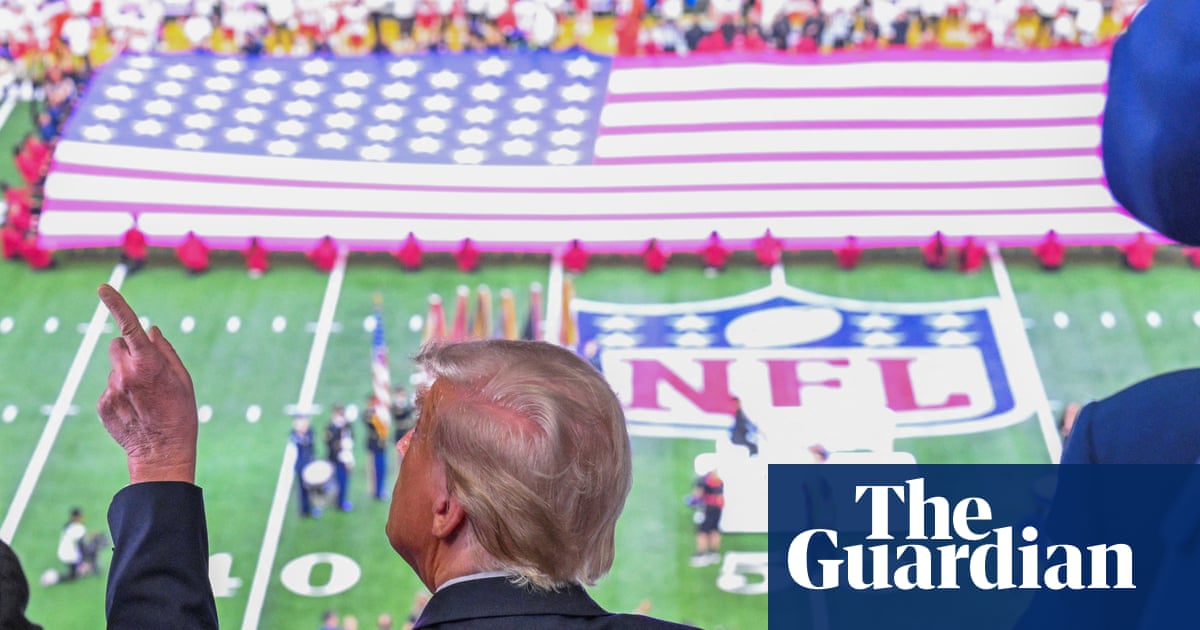There are times on The Long Wave desk when a conversation sparks a sort of group therapy session. A few weeks ago, Jason came back from a reporting trip to Barbados and made a comment about how some Bajans thought he was from the Caribbean, because his accent changed when he was there. This was fascinating to me. The ensuing discussion made me realise that all of us had shifted our accents at various times, which got me thinking about all the unconscious ways in which we “code switch”, alternating between different identities.
Linguistic shapeshifting across the diaspora
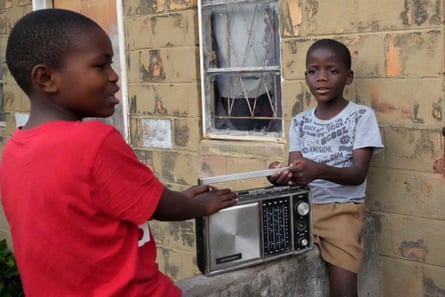
In the launch edition of The Long Wave, I wrote about how when I was growing up I consumed all my world news and cultural influences through the radio, and so my accent is a direct reflection of that. It is a little bit Voice of America, a little bit Christian Science Monitor and a whole lot of BBC. Add to that my British schooling in parts of Africa where there were still some stubborn colonial tendencies that focused on elocution and even inflection (never intone upwards when asking a question, we were taught, to maintain status in a conversation). The outcome has been a weirdly anachronistic British accent, one that was then undercut by consumption of American pop culture. The final result is a transatlantic mishmash.
A lot of people I meet for the first time give up on trying to identify my accent and straight-up ask me where it’s from, a sort of frequency scrambling that underlines how important accents are in helping us place who we’re speaking to. What I never quite realised until our Long Wave chat is how much of that accent is not just an organic mixture of influences but a way of expression unconsciously adjusted in certain situations.
You are what you speak
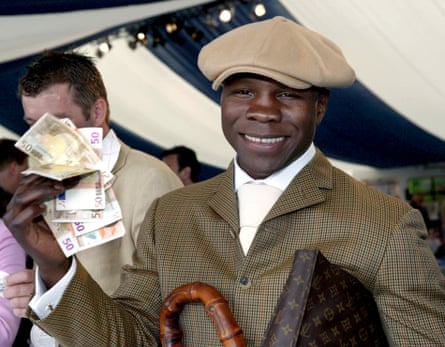
An accent is an identifier, especially when you’re from an ethnic minority. And particularly in Britain, where accents fall along class lines, how one sounds can be a way to signal authority and credibility. There’s a phenomenon called “phone voice” in which we sound more “cut glass” and formal than we would in person, and that is because of its fundamentally remote nature. Phone voice accents become the load-bearing of our efforts to assert ourselves. It is, in effect, an attempt to ward off any bias or discrimination, to neutralise identity and its associated prejudices.
Broadly, what became apparent during our conversation is that these are accents that choose us, rather than us choosing them. Different ways of speaking often present themselves involuntarily – clipped and sort of broadcast-y in work scenarios; softer and, in my case, more American among friends and loved ones yet downright Victorian when dealing with bureaucracies. I had come to think of my changing accent as related to the fact that English is not my first language, and so a clear and uniform accent had never fully bedded in – it was still malleable and easily influenced. But the truth is that it changes because there is a lurking sense of not quite belonging.
Severing the mother tongue
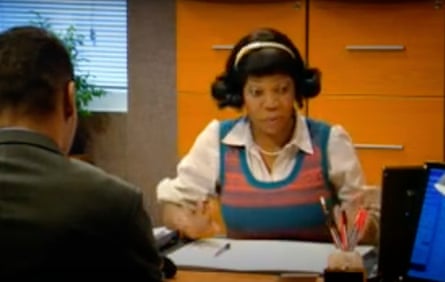
All sorts of things bear down on our accents, regardless of race. In England, the southern accent is considered the neutral and aspirational default, and research shows that when people with regional accents move to the south of the country and do not sand away their original speaking identity, they are sometimes subject to accent discrimination, which affects their professional and academic experiences due to a hierarchy of accent prestige.
But race and immigrant extraction bring their own legacies to Black people’s expression. The Long Wave production editor, Janise Elie, said: “Many Caribbean people, including some family members, were forbidden from speaking or learning their ‘mother’ tongue and dialect in case it diluted their English accent. As a result, an important link to our roots and identity has been lost.” She is now teaching herself that mother tongue, Dominican Kwéyòl.
after newsletter promotion
I grew up speaking Arabic but English was privileged in our household, for reasons that were never explained. It was assumed that it was the key to unlocking aspirations in an English-dominated world, and I suppose perfecting it was a way to erase or dilute our identity, as if perfectly enunciated English would somehow disguise our Blackness. It’s a preposterous notion but draws on awareness of the risks of being too “other” and thus unfamiliar, and maybe even evoking suspicion. It reminds me of a sketch from the British TV show Little Miss Jocelyn (so good, too short-lived), where a Black character working in an office of white people panics when a new Black colleague joins the team, and furiously warns him not to be overly familiar, because no one knows she’s Black.
Shame and acceptance
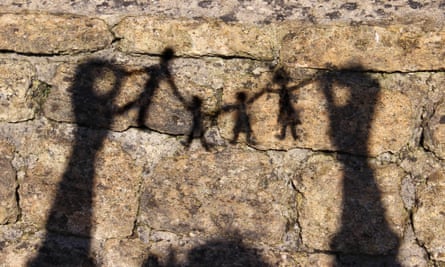
What struck me about our accent conversation was that rush of familiarity; that sense of having something that had always been lurking in the back of your mind being given expression. There was something a bit giddy about the “Oh my God, same!” aspect of it. And I think that was because there was, perhaps, a little knot of shame or embarrassment about our changing accents; one that dissolved among the self-recognition, self-deprecation and universalism of our experiences.
Our changing accents were simply a testament to how racialised minorities from all over the world instinctively pick up the same threads. We were all merely navigating gigantic social, class and racial forces that were beyond our control. And so, over the course of a spontaneous team conversation, something that was gnawingly cringe transformed into a warm, enveloping comfort.

 2 months ago
67
2 months ago
67
















